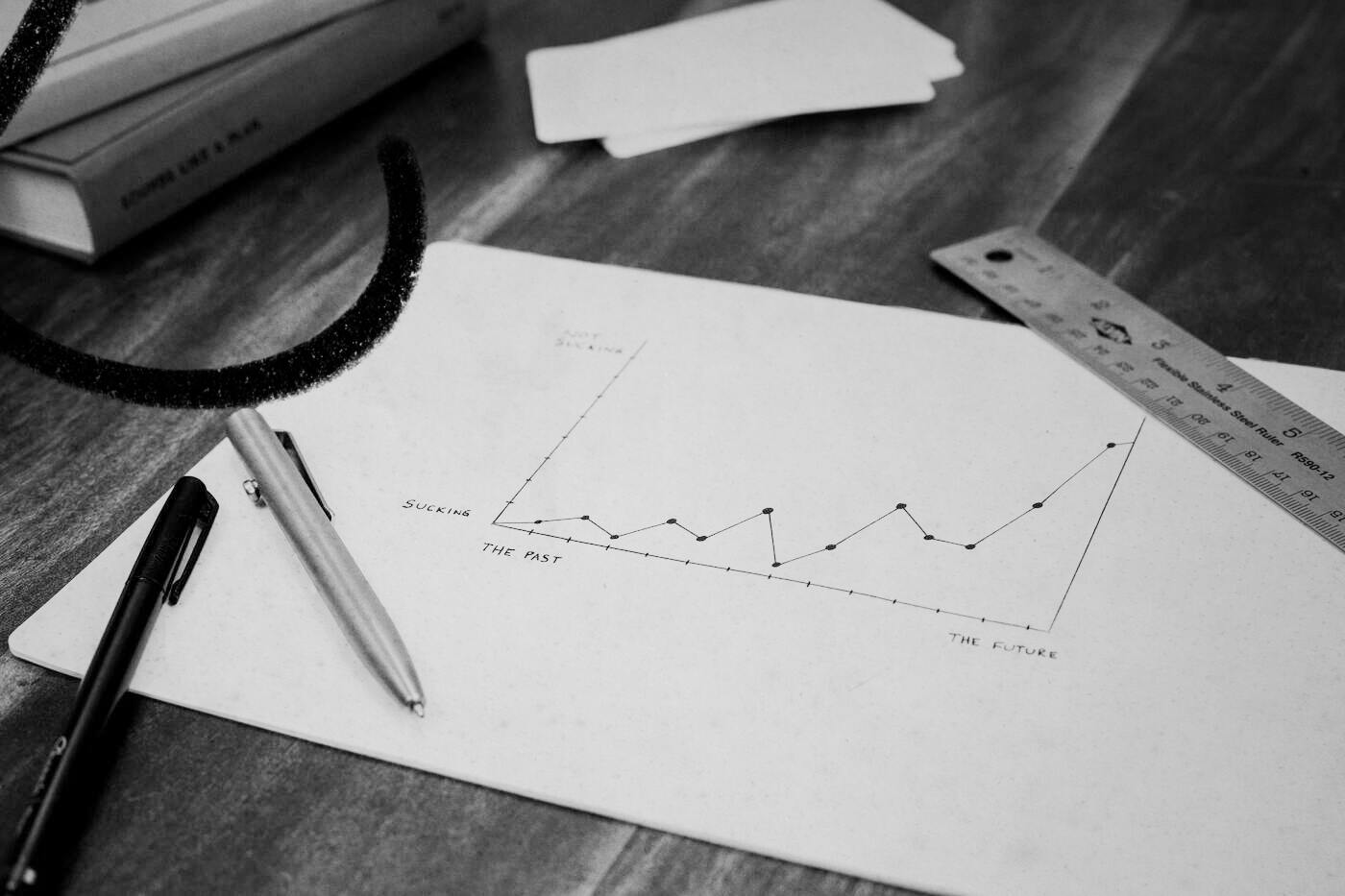
A few months ago I wrote about productivity cycles — my experience of the regular fluctuations in my productivity levels.
Over time, I’ve noticed something interesting about these cycles: when I’m in a productivity low, it tends to bleed into my environment.
That is, when I’m not being productive it’s as if procrastination is in the air. Sluggishness is woven into the fabric of my seat. I can see avoidance reflected in the glass of my desk.
It gets so bad that I can’t even bear to think about my workspace. The minute I lay eyes on it my stomach clenches and my hands start to sweat, and I have to use enormous willpower to force myself to sit down in my chair and open up my computer.
So I’ve developed a habit. When I feel like this, I’ll go somewhere else. I’ll work at my kitchen table, or on my couch. Or I’ll go sit outside at a coffee shop in my neighborhood and try to get work done there. Or I’ll go to my empty office and use the desk there.
For some reason going into a new environment seems to help me get a little bit of steam and overcome my avoidance.
I wanted to know… why is that?
So I hired a researcher!
One of the benefits of the popularity of Superorganizers (and the generosity of premium members like you!) is that it allows me to afford to do awesome things. This, dear reader, is one of those awesome things!
I hired a researcher to dive into the science and help me answer my question: why do I get fed up with my work environment? And why does going to a new environment help me be more productive?
She’s an old friend of mine from high school, and she’s currently getting her PhD in psychology. She offered to help me read through all of the scientific literature related to this question, and then send me a targeted list of papers that explain that answer.
We found seven papers that are relevant to the question, and I learned a lot. Some of it was specifically relevant to the question, and some of it spun my mind in a bunch of new directions. I’m going to summarize our findings on the question at hand — and I’ll be mentioning the other things we found in future posts.
Here’s what we found.
Our findings
To summarize, you can break the question up into two components. First, why does our productivity level in and experience of a space degrade over time? Second, why do new spaces seem to fix the problem?
Let’s answer these one at a time.
Why does our productivity level in and experience of a space degrade over time?
In a study of the relationship between the work environment and productivity levels, Oseland (2004) found that when you’re more satisfied with your environment you’re also more likely to be more productive.
It’s a self-reported study, which means they figured this out by sending out a survey to people who work in 60 different buildings. The survey asked participants to report their satisfaction with their work environment and their productivity levels.
What the results show is that as your satisfaction with your work environment increases, your productivity will also increase.
The question then is, what leads to satisfaction with your work environment? Well, as part of the same survey, participants also reported how much non-work time they spend in their office. Non-work time (or downtime) includes things like waiting for elevators, walking between buildings, doing paperwork, or being interrupted by colleagues.
It turns out that the more non-work time you spend in your work environment, the LESS likely you are to be satisfied.
As we already know, the less satisfied you are, the less productive you are. So according to this study, one of the keys to feeling productive is to reduce the non-work time you spend in your work environment.
Now, why is this?
~ Here commences Dan’s interpretation ~
It comes down to guilt. If you have a lot to do, and there are things in your work environment that are pulling you away from getting them done you’re going to feel bad. You’re going to feel guilty, and stressed.
But the really interesting part of this is that when we feel guilty and stressed we begin to associate those feelings with our environment over time.
It’s weird but true: the fact that we spend time being distracted in a space becomes a PROPERTY of the space in our minds.
It works by operant conditioning. The physical environment itself becomes associated with the bad feelings — so when we go to the environment, we experience the bad feelings. The environment becomes the stimulus for non-productivity.
The lesson is: if we can reduce the amount of non-work time we spend in our work space, we can reduce the amount of bad feelings we associate with our workspace. If we can do that, we might be able to lower the impact of some of these productivity cycles.
But what if we still experience them? Why does changing our environment help our productivity levels?
Why does changing your environment make you more productive?
The first thing to note is that the new environment doesn’t have any of the associated bad feelings of your normal work space. So you’re already starting from a better place.
But -- according to science -- new environments can actually make you more motivated and improve your memory.
In a paper called, Exploring a novel environment improves motivation and promotes recall of words, the authors found that the exploration of novel environments improves memory recall.
They put experiment subjects in a virtual reality simulation and measured how it affected the subject’s ability to remember words. They found that those that were allowed to explore new environments were able to recall words better than those that explored previously visited environments.
In the paper, the researchers pin the difference on the fact that new environments promote the release of dopamine in the hippocampus. They theorize that increasing dopamine levels can help stimulate memory encoding.
But aside from stimulating memory, the release of dopamine also has a bunch of other positive effects.
In Dopamine Does Double Duty in Motivating Cognitive Effort (Westbrook, Braver 2016) the authors explain that the release of dopamine in the brain has the effect of making you more motivated. The paper is really complicated and I am not a neuro expert, but the basic gist is that dopamine release in the mid-brain increases your motivation and allows you to expend more cognitive effort on tasks.
Another way to say this: dopamine makes your brain go BOOM.
The summary? When you get into a new environment you get a bunch of dopamine. Dopamine has a lot of positive effects — including the effect of making you more likely to expend effort. That means increased productivity!
The end
And that my friends is why you start to hate your same old environment! And it’s also why new environments seem to make you more productive.
Did you like this? Did you hate it? Let me know in the feedback form or in the comments.
Also obligatory: I am not a scientist, and this series is a new experiment. If you see any errors in this summary please let me know and I will be sure to correct them in subsequent editions.
Thank you!
Bibliography
- The impact of office comfort on productivity — Haynes, 2008
- Occupant feedback tools of the office productivity network — Oseland, 2004
- An evaluation of the impact of the office environment on productivity — Haynes, 2007
- The recovery experience questionnaire — Sonnentag and Fritz, 2007
- Exploring a novel environment improves motivation and promotes recall of words — Shomarker, Bronkhorst, and Meeter 2014
- Dopamine does double duty in motivating cognitive effort — Westbrook and Braver, 2016
- Improving work productivity by controlling the time rate displayed by the virtual clock — Ban, 2015
The Only Subscription
You Need to
Stay at the
Edge of AI
The essential toolkit for those shaping the future
"This might be the best value you
can get from an AI subscription."
- Jay S.
Join 100,000+ leaders, builders, and innovators

Email address
Already have an account? Sign in
What is included in a subscription?
Daily insights from AI pioneers + early access to powerful AI tools
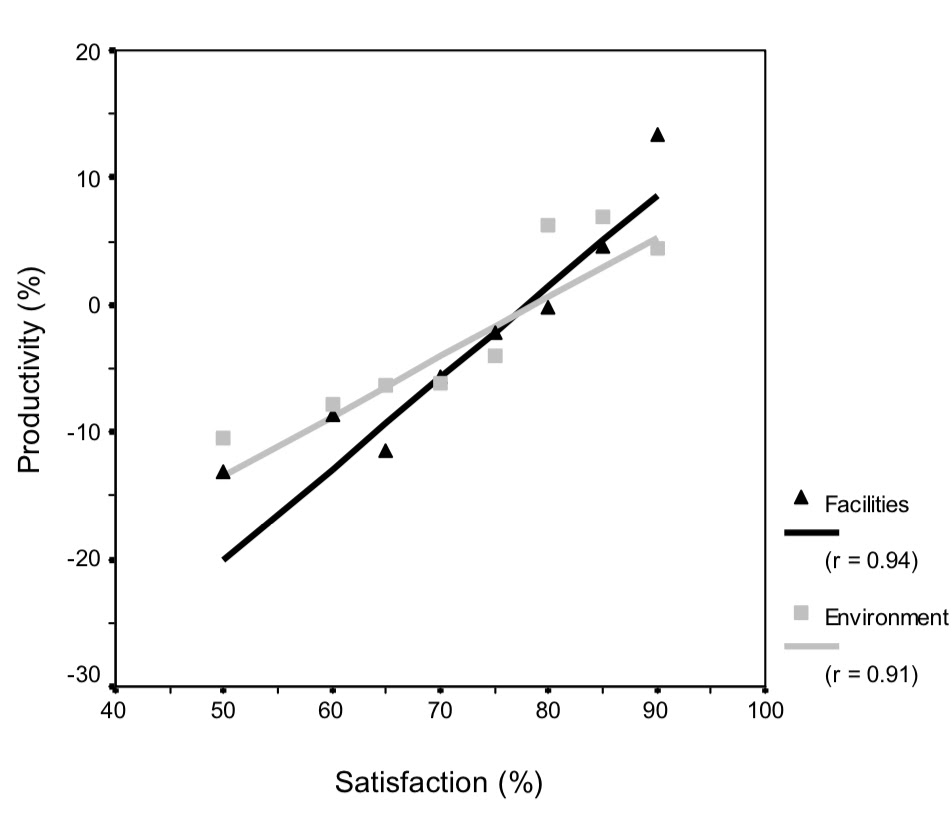
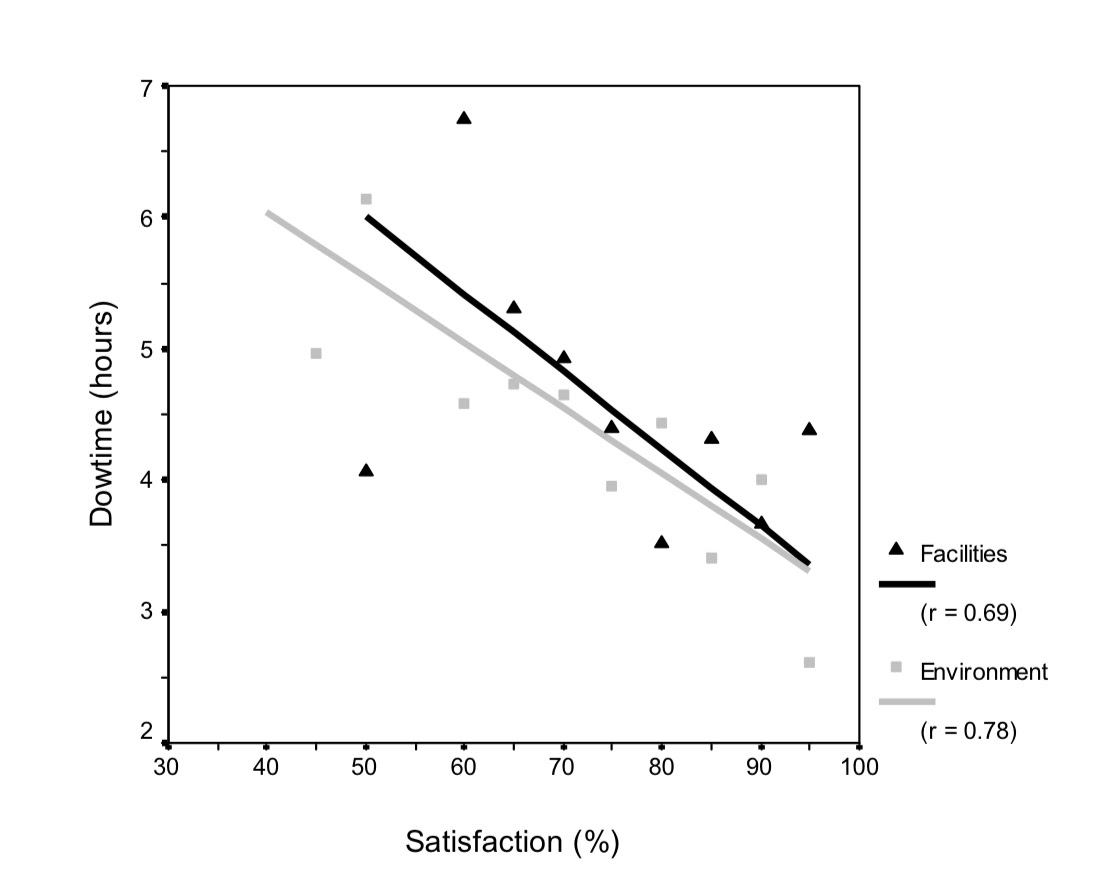
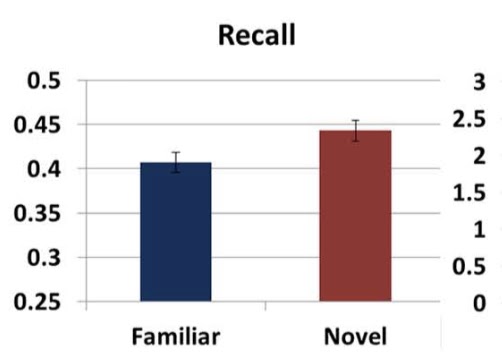








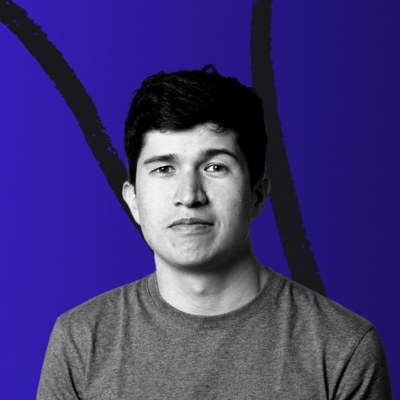

Comments
Don't have an account? Sign up!